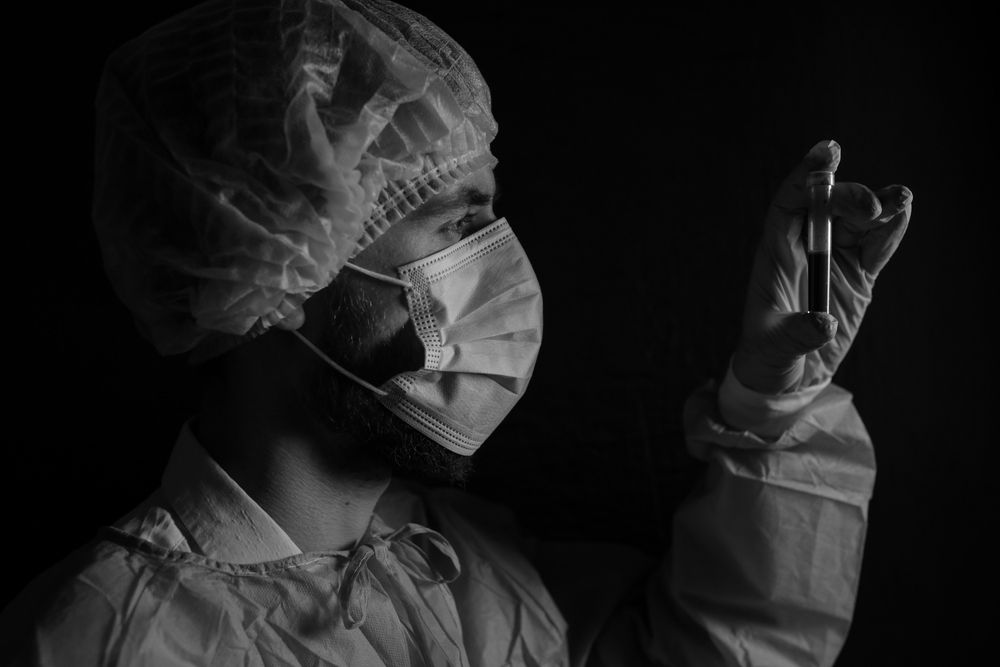With a vaccine for the novel coronavirus still likely a year or more away, the first weapon against the virus could be one of the drugs now in clinical trials with COVID-19 patients. A new analysis out today shows that many of these drugs, which are currently manufactured or in development to treat other diseases, can be made for $1 a day per patient, or less. If any prove effective against the novel coronavirus, a coordinated international effort will be needed to ensure they are made affordable for people worldwide, the researchers argue.
Scientists worldwide are conducting clinical trials on at least a dozen potential treatments for COVID-19. Some compounds have been on the market for decades, such as chloroquine and hydroxychloroquine used to combat malaria and lupus. That makes it relatively straightforward to estimate the minimum cost of making them, says Andrew Hill, a drug pricing specialist at the University of Liverpool.
For the new analysis, out today in the Journal of Virus Eradication. Hill and colleagues reprised a strategy he previously used to estimate the cost of drugs to treat HIV and hepatitis C. They started with an India-mandated database that includes the cost per kilogram of active pharmaceutical ingredients (APIs) shipped in and out of the country, a major hub for generic drug production. To those figures, they added in additional costs for formulating APIs into medicines, packaging, and a 10% markup for the companies manufacturing the drugs. For eight of the nine candidate COVID-19 treatments analyzed the estimated cost was under $1.50 per day per person treated and from $0.30 to $31 for a full course of treatment. The bottom line is clear, Hill says. “All of these drugs are fundamentally really cheap to make.” (Hill’s team was unable to estimate the cost of one compound, Tocilizumab, a monoclonal antibody used to treat rheumatoid arthritis, because it is currently made only in small quantities.)
Today, however, these drugs aren’t always cheap to buy. They retail for between $0.20 and $510 per course in countries that strictly hold down drug costs, such as India and Pakistan, but between $19 to $18,610 per course in the United States, Hill and his colleagues report.
Jessica Burry, a pharmacist with Doctors Without Borders, worries that high pricing of COVID-19 treatments would amount to rationing, putting them off-limits for poorer patients and countries. “Rationing drugs because of high prices and limited supply will only serve to prolong the pandemic,” says. “What good is a lifesaving drug if you can’t afford it?”
Hill notes that most of the drugs his group evaluated are off patent, and thus could be manufactured cheaply by generic drugmakers. But some of the antivirals in the COVID-19 clinical trials are proprietary. As the debate over drug pricing for coronavirus drugs is already heating up, one flashpoint is remdesivir, a drug from Gilead Sciences that appears to inhibit an RNA-copying polymerase the new coronavirus uses to replicate. Hill’s team estimates that 1 day’s supply of the drug could be manufactured for $0.93.
